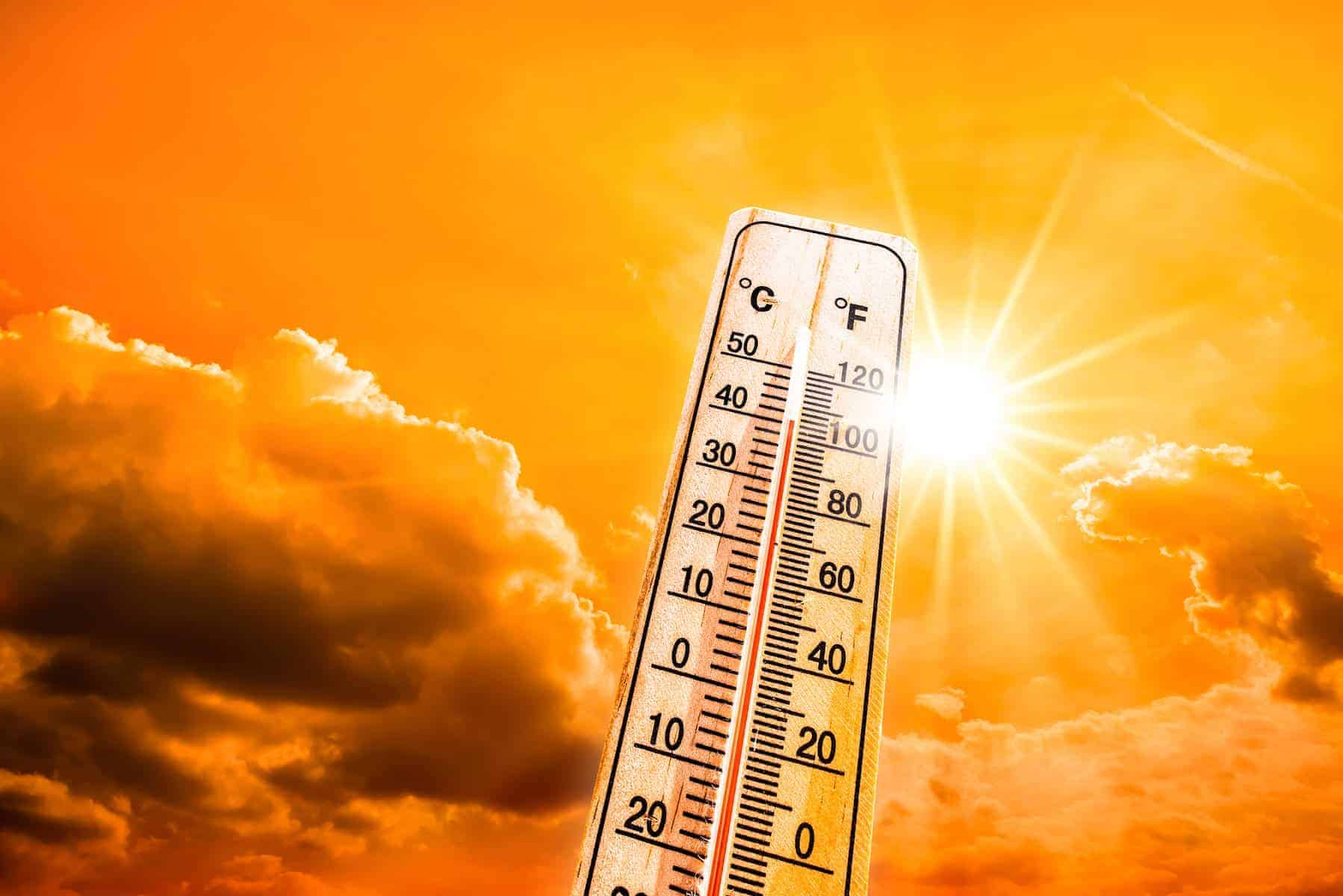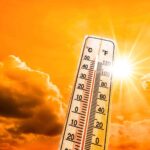High temperature weather can be challenging, when the sun’s rays enveloping everything. Some find solace in warmth, while others struggle. Activities often shift indoors or to shaded areas, with hydration and seeking cool refuges being priorities. Despite discomfort, it fosters community and helps find relief.
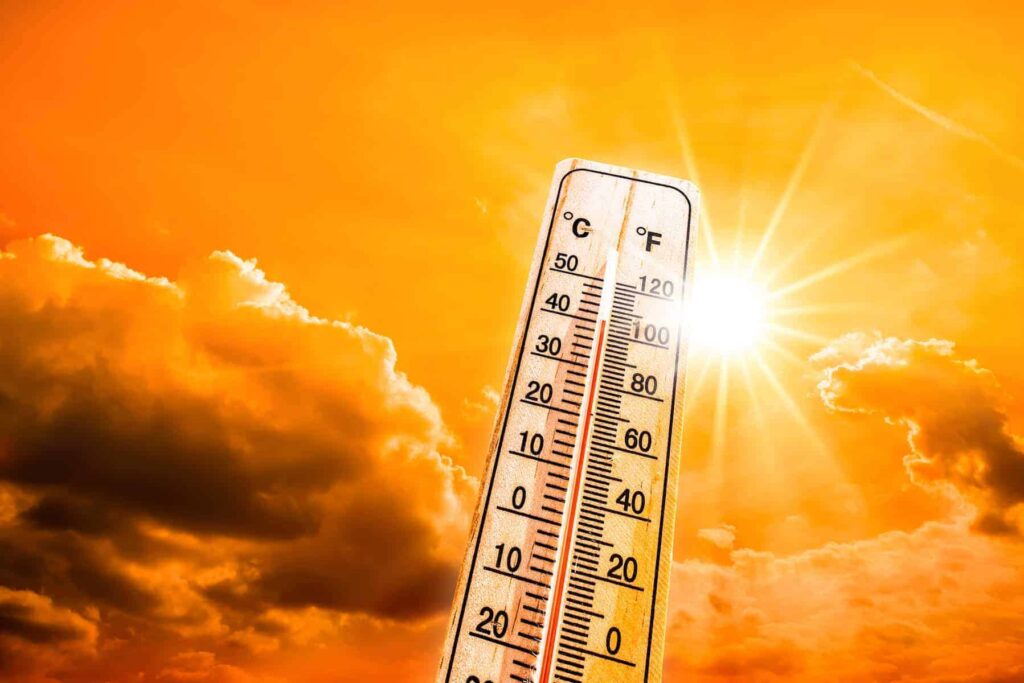
Heatwaves pose a higher risk of illness for certain groups, including adults over 65, babies, children, those with long-term health conditions, overweight individuals, those taking certain medications, socially isolated individuals, outdoor workers, and overseas visitors. So it is very important for everybody to have a basic knowledge on how to handle emergency situations and cope with the hot weather. here is some Expert Tips to Beat the Heat, stay Cool This Summer
Some of the most common problems in summers is heat strokes. Heat stroke is a serious heat-related illness causing body temperature to rise above 40°C. Symptoms include sudden temperature rise, red, hot, dry skin, intense thirst, rapid pulse, shallow breathing, nausea, vomiting, aggressive behavior, confusion, poor coordination, and loss of consciousness. That is the reason to take precautionary measures to keep your body cool in this hot weather because this can also be life threatening if not treated urgently.
In this article, we’ll tell you about the risks and aware you about the consequences of the hot and humid weather because in many parts of the world the heat is becoming unbearable and people want some tips and tricks to beat the heat this summer.
1. Drinking Water is one of the Expert Tips to Beat the Heat

Number one rule is to stay cool during summer, is hydration because as higher temperatures increase perspiration, leading to rapid fluid loss. Adequate water replenishes lost fluids, preventing dehydration symptoms like dizziness and fatigue.
Water helps cool the body, reduces heat-related illnesses, and maintains performance during summer activities. It’s essential for overall health and well-being, especially during outdoor sports and recreational pursuits.
Insufficient water intake during summer can lead to dehydration, causing health issues like heat exhaustion and heatstroke. This can cause symptoms like nausea, vomiting, and confusion, requiring immediate medical attention.
2. Avoid the Sun to Beat the Heat
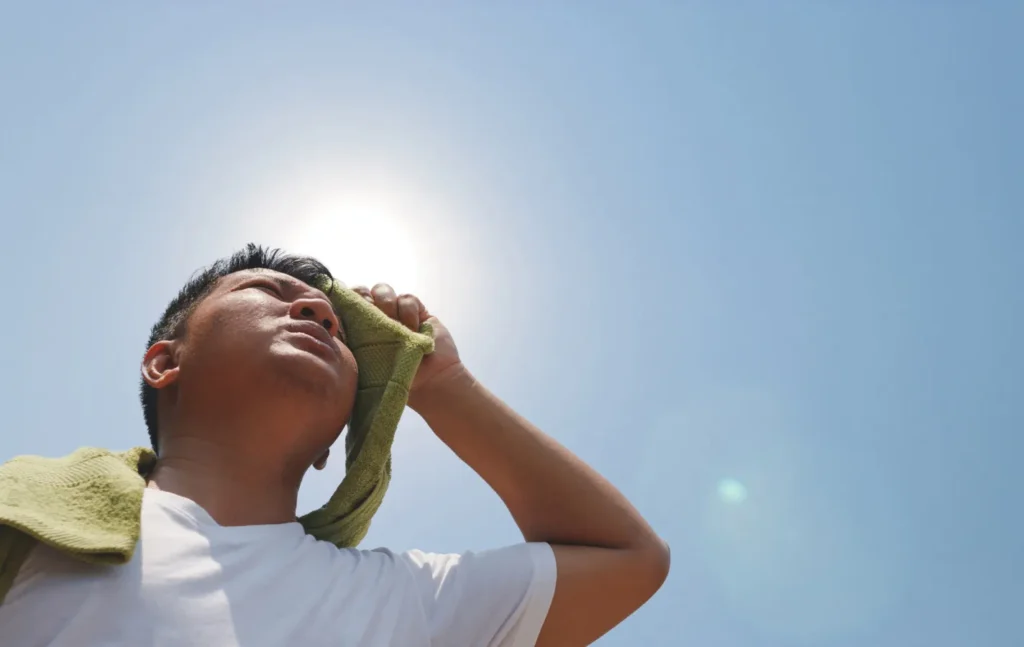
Avoid the Sun to Beat the Heat, To prevent sun exposure in hot weather, seek shade, especially during peak hours, and wear lightweight, loose-fitting clothing to cover exposed skin and protect against harmful UV rays. Excessive sun exposure can cause dehydration, as the body loses fluids through sweat. Staying out helps regulate body temperature and maintain hydration levels. Extended sun exposure can cause heat-related illnesses like heatstroke, dehydration, and heat exhaustion, particularly during peak hours.
Sunlight is crucial for Vitamin D production, but excessive exposure can cause negative effects. Balancing sun exposure with protective measures like sunscreen can maintain optimal Vitamin D levels without sun damage.
To minimize sun exposure during summer, seek shade, wear protective clothing, limit outdoor activities, protect eyes with UVA and UVB ray-blocking sunglasses, and check the UV index in your area. Stay in shade during peak sun hours, wear lightweight clothing, and plan outdoor activities during cooler times. Staying aware of the UV index can help you enjoy the summer season safely.
3. Opt for Light Colored Clothing

The best step you can take in summer is to for light-colored fabrics, particularly white and pastel shades, reflect sunlight, keeping the body cooler by preventing heat absorption, unlike dark-colored clothing which absorbs heat and makes you feel warmer. Dark clothing absorbs more sunlight and heat, causing increased sweating. Light-colored fabrics minimize this effect, allowing sweat to evaporate easily, ensuring dryness and comfort.
Light-colored clothing is cooler due to its ability to reflect sunlight and heat, making it more comfortable in hot and humid conditions. It reduces heat trapped close to the body, allowing for better temperature regulation in hot weather.
4. Reapply Sunscreen
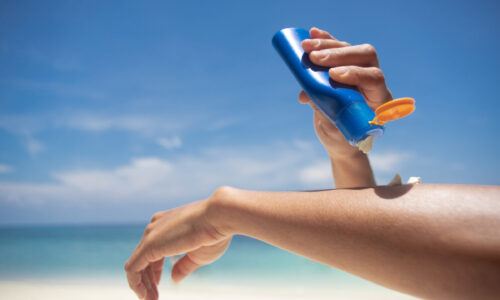
If you want to protect yourselves from the sun then reapplying sunscreen is crucial for protecting against harmful UV rays, as it gradually wears off over time due to factors like sweating, swimming, and clothing friction. Regularly reapplying sunscreen, especially during swimming or sweating, ensures continuous coverage and maximizes its efficacy, preventing sunburn, premature aging, and skin damage, and reducing the risk of skin cancer, even with water-resistant or sweat-resistant sunscreens.
Sunscreen is a vital skincare product that prevents sunburn, reduces skin cancer risk, prevents premature aging, maintains skin health, prevents sun damage, and preserves even skin tone. It acts as a barrier against harmful UV rays, preventing sunburn, redness, inflammation, and long-term damage. Sunscreen is especially important during the summer when UV radiation is strongest, but should be used year-round to protect against long-term damage. It is easy to incorporate into daily skincare routines, as many moisturizers, makeup products, and lip balms that contains SPF in it.
5. Eat Light
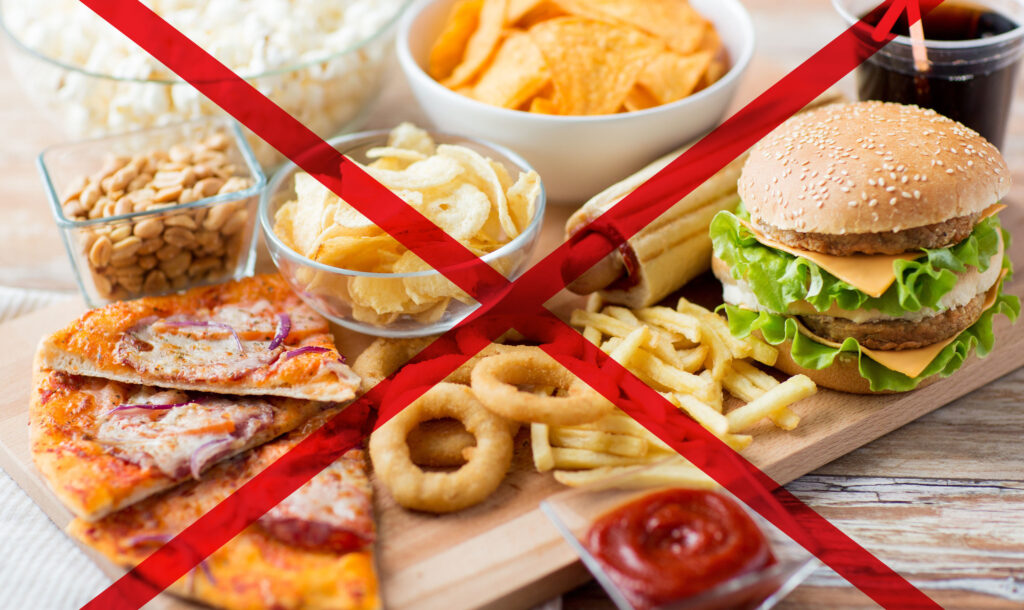
Heavy, rich foods can increase body temperature and lead to discomfort, especially during hot weather. Lighter meals that are lower in calories and fat are easier to digest, helping to prevent overheating and promoting overall comfort, so try opting for Light summer foods like fruits and vegetables are rich in water, crucial for hydration, maintaining bodily functions, regulating body temperature, and supporting overall health, especially in hot weather.
Lighter summer meals are easier for the body to digest, promoting a more energized state. Fruits and vegetables are rich in vitamins, minerals, and antioxidants, supporting overall health. They also reduce digestive discomfort, especially during hot weather, allowing for more enjoyable outdoor activities.
By Consuming lighter, nutrient-dense meals during summer can prevent overeating, support weight management, and maintain a healthy weight. This approach supports health, hydration, energy levels, and enjoyment of the season.
6. Shower regularly
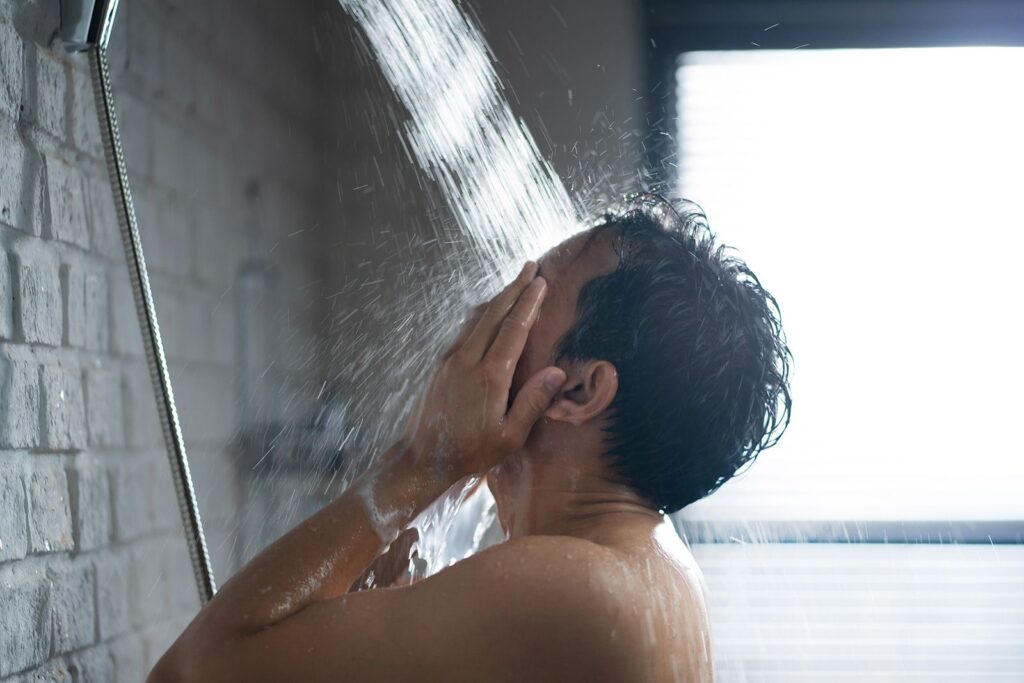
One of the best way to beat the heat is a refreshing shower because it can lower body temperature, provide immediate relief, and promote relaxation, especially with soothing products or aromatherapy, reducing stress and promoting well-being. Cool or lukewarm showers reduce body temperature by evaporating water from skin, reducing excess heat and providing a refreshing sensation, especially when warm, promoting instant relief and revitalization.
Taking a shower on regular intervals can soothe sunburned or overheated skin, providing relief and preventing further damage. It also helps lower core body temperature, especially during heatwaves, which can lead to heat-related illnesses.
7. Intake more Fluids
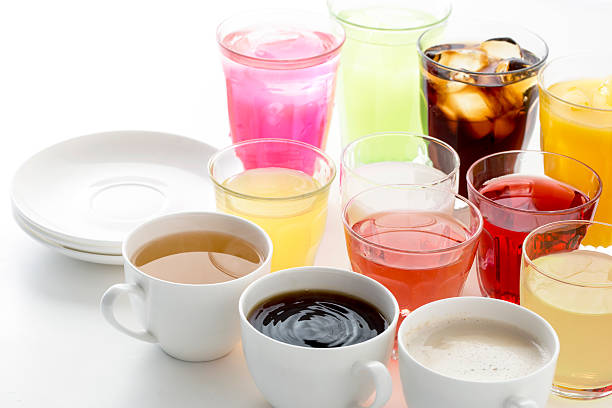
During summer, it’s essential to consume plenty of fluids, including juices, to maintain hydration. Increased sweating during summer increases the risk of dehydration, and high-water content juices like watermelon or cucumber help replenish lost fluids and regulate body temperature. Sweating causes fluid loss and electrolyte loss, which juices, particularly those from fruits like oranges or bananas, can help restore electrolyte balance, preventing muscle cramps, fatigue, and maintaining nerve function.
Juices are a rich source of vitamins, antioxidants, and other nutrients that are beneficial for health. Orange juice is high in vitamin C, supporting the immune system and protecting against infections. Carrot juice provides vitamin A for vision health.
Drinking cold or chilled juices can provide immediate relief from heat, making you feel more comfortable on hot summer days. Some juices contain enzymes that aid digestion, preventing digestive issues like bloating or constipation. Juices are refreshing and enjoyable to drink, making it easier to stay hydrated and support overall health.
8. Damping
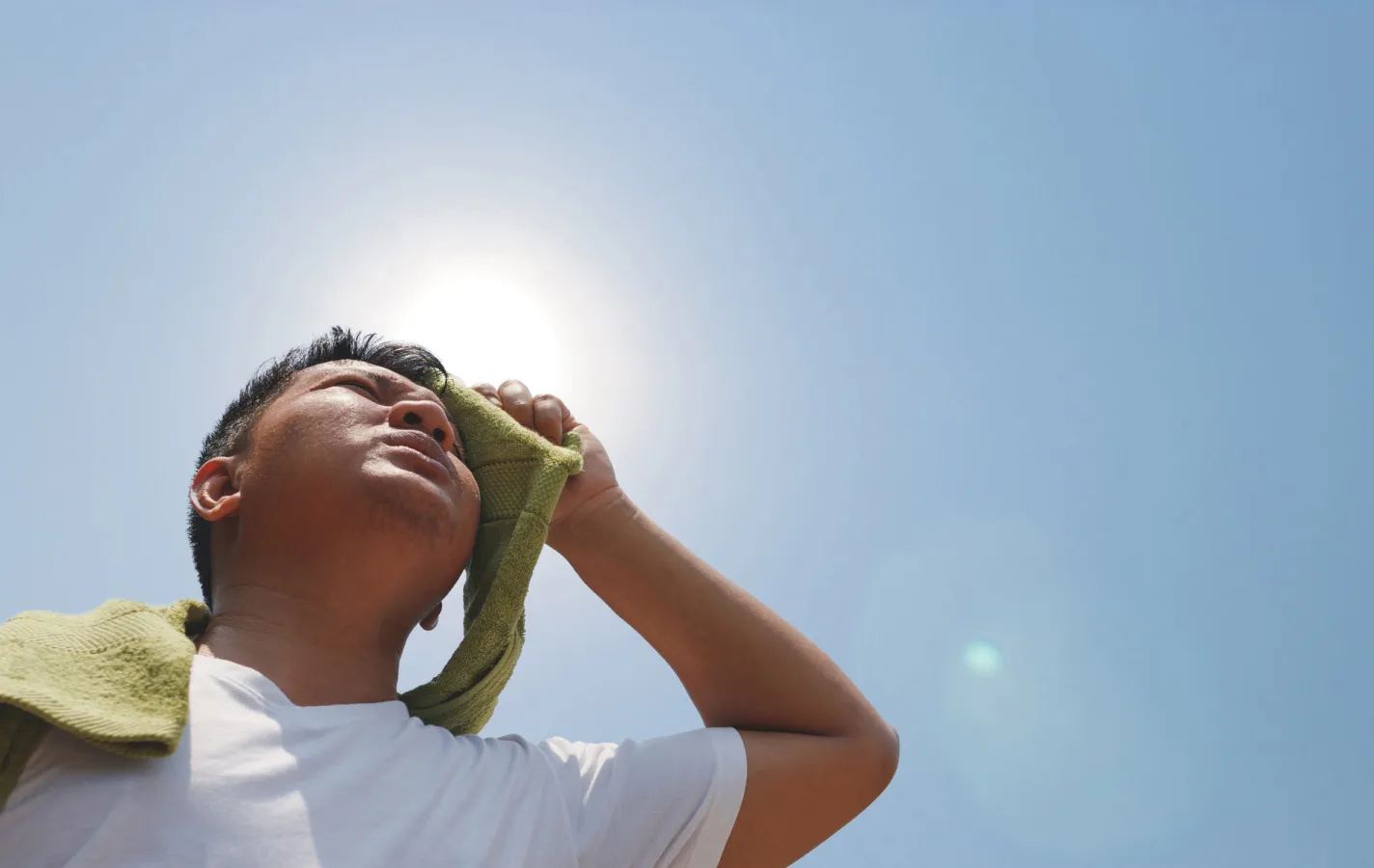
Damp clothing in summer offers practical benefits and comfort by providing instant relief from heat. Evaporative cooling, where water evaporates from fabric, takes away heat from the body, making it particularly useful in hot and dry climates. Wearing damp clothing helps maintain hydration levels by reducing sweating and absorbing moisture from the skin. It also provides physical cooling and comfort in hot weather, as the moisture softens the fabric, reducing stiffness and making it more flexible and pleasant to wear.
Damp clothing provides sunburn protection by providing a barrier between skin and sun’s rays, reducing the risk of overheating and sunburn. Wearing damp clothing safely is crucial for maintaining comfort in hot weather.
9. Close the Curtains

Closing curtains and blinds during summer helps regulate temperature by blocking sunlight, reducing solar heat gain, and reducing the need for air conditioning, leading to energy savings. Closing curtains and blinds can help limit UV exposure, protecting interior furnishings from damage caused by sun exposure, thereby prolonging their lifespan.
Windows make the surfaces hot, increasing indoor temperatures. Closing curtains or blinds blocks direct sunlight, preventing solar heat gain and maintaining a cooler indoor environment. Windows also reduce heat transfer, creating insulation and preventing heat transfer during summer.
10. Use of Sun Protection Equipment

Sun protection accessories are crucial during summer to protect skin and eyes from harmful UV radiation effects, and are essential for various reasons. Prolonged UV exposure can cause premature skin aging, wrinkles, and loss of elasticity. Sun protection accessories like hats and clothing minimize UV-induced damage. Wearing sun protection reduces skin cancer risk, including melanoma, basal cell carcinoma, and squamous cell carcinoma.
Sun protection accessories include sun hats, sunglasses, UV-protective clothing, sun sleeves, umbrellas, sun gloves, sun scarves, cooling towels, and sunscreen. Wide-brimmed hats provide protection for face, neck, and ears. Sun-protective clothing with UPF ratings blocks UV radiation. Sun sleeves, umbrellas, gloves, scarves, cooling towels, and sunscreen are essential for outdoor activities. Applying broad-spectrum sunscreen with SPF 30 or higher ensures protection.
